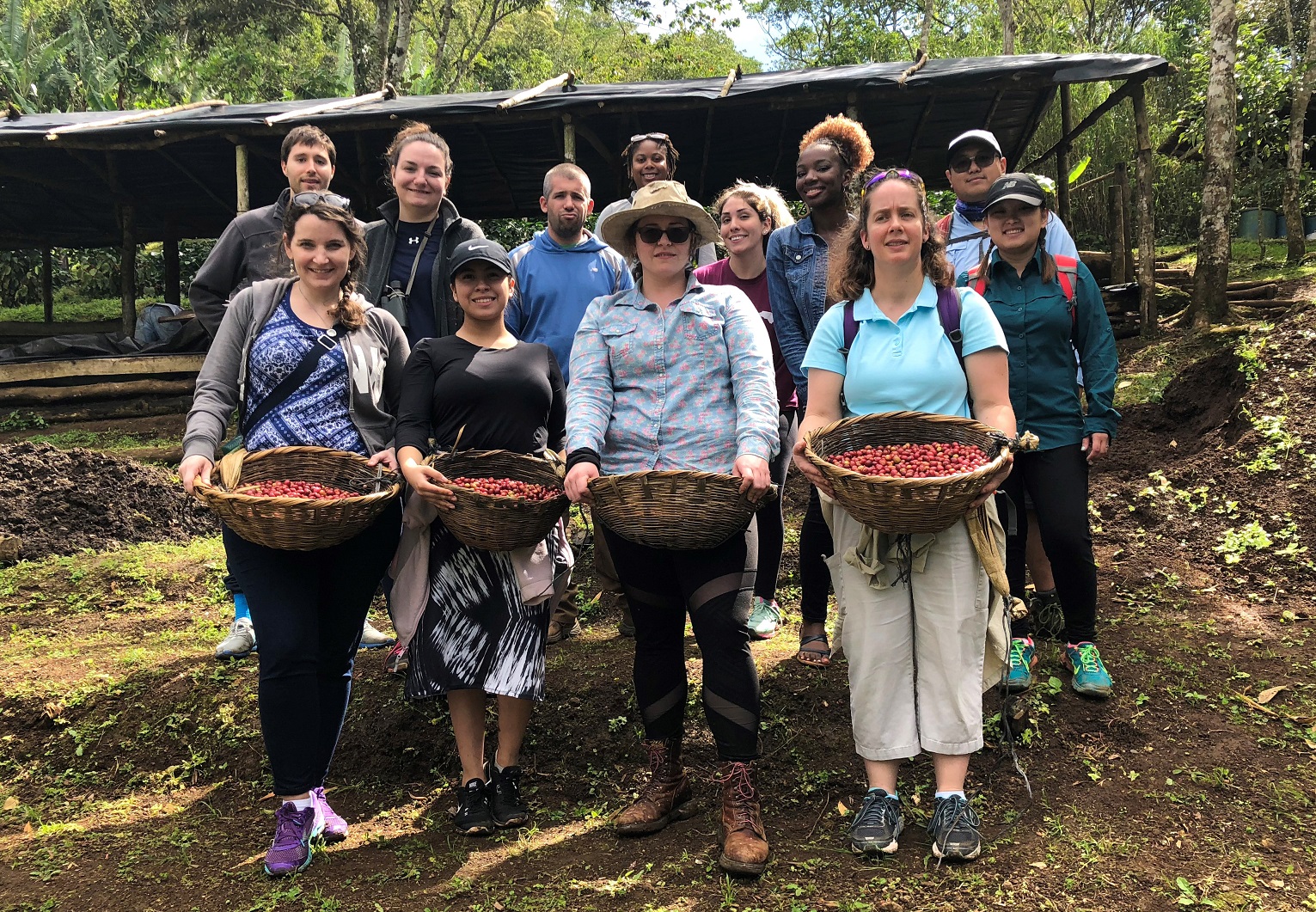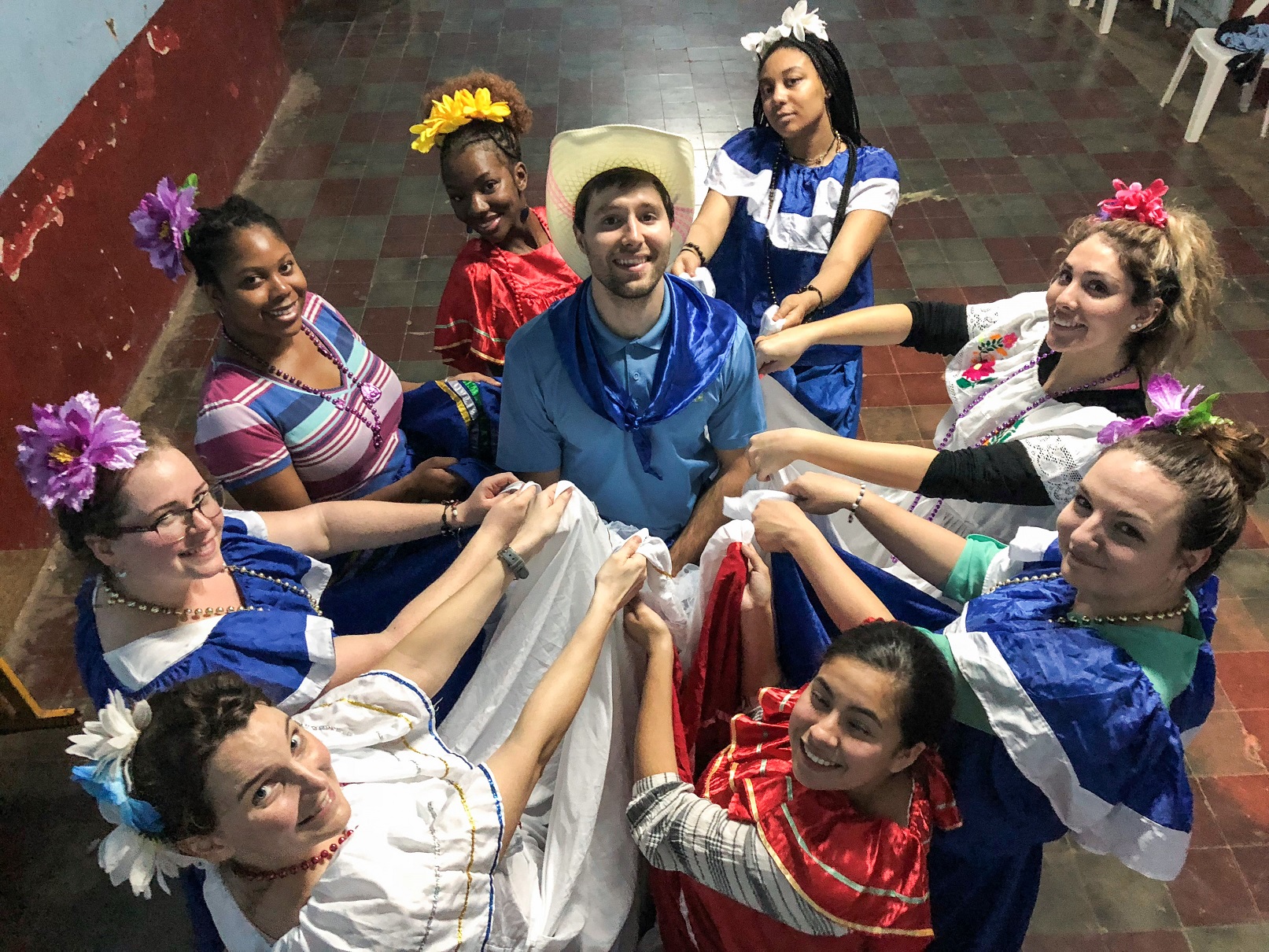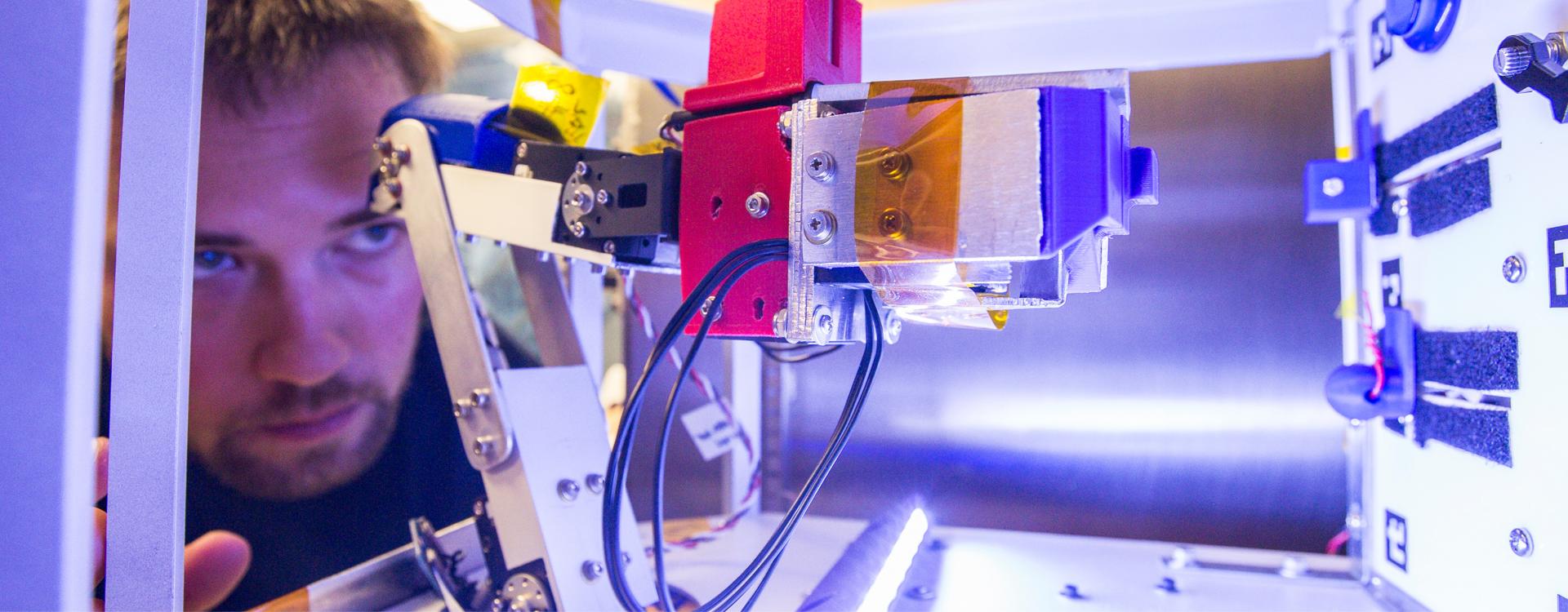Durham Tech students embrace Nicaraguan New Year, explore health care
 As the clock struck midnight on New Year’s Eve, 15 students from Durham Technical Community College took a step back from a cracking bonfire in Nicaragua as “Año Viejo,” a large handmade doll stuffed with firecrackers, was thrown into the fire to represent the shedding of negativity from the past year.
As the clock struck midnight on New Year’s Eve, 15 students from Durham Technical Community College took a step back from a cracking bonfire in Nicaragua as “Año Viejo,” a large handmade doll stuffed with firecrackers, was thrown into the fire to represent the shedding of negativity from the past year.
“We waited with anticipation for the gunpowder to go off. It could not have been more perfect,” said Viviana Reyna, 19. “Everything was incredibly breathtaking and wonderful. My favorite part was the bonfire because it was a beautiful time to be involved in Nicaraguan tradition.”
It was second night of Durham Tech’s Comparative Health and Cultural Travel Program in Nicaragua, and it set the tone for what has been described as a life-changing experience.
One day earlier, Durham Tech students and one faculty member boarded a flight to explore the similarities and differences between health care in Nicaragua and health care in the United States.
In partnership with Sister Communities of San Ramon, a nonprofit ecotourism organization in Durham, students were led through the country with an itinerary that ranged from working on a coffee farm and making corn tortillas to visiting a live volcano and children’s hospitals.
“I found it especially rewarding that Sister Communities of San Ramon planned the entire experience around the learning outcomes we built as educators,” said Stephanie Dawson, faculty sponsor and Durham Tech instructor. “There was a great balance of experiences that focused on learning about Nicaraguan health care as well as cultural immersion and touristy fun.”
For most of their stay, students were divided into groups of three and placed with host families to gain firsthand experience of “Nica” life, as the locals call it.
“The most impactful part of our travels was having the opportunity to live with a Nicaraguan host family,” Dawson said. “Students spent four days and nights living with their new families, sharing living areas, eating meals with them, and learning about the warmth and generosity of their culture.”
Students raved about this opportunity.
“I loved living with another family. They were so kind to us,” said Mi Joi White, 20. “You’re knee deep in the experience when you live with a host family.”
“My host family was the most meaningful part of the entire experience,” said Angel Askew, 27. “I was able to live like I was a Nicaraguan. They cooked for us and washed our clothes. They made us feel like we were really a part of their family.”
The first of three stops was an hour drive to historic Granada, where the group enjoyed leisure activities like hiking, shopping, sunset boat tours, pottery lessons, and yoga classes overlooking the mountains.
“This was my first time out of the country, and it was so beautiful,” said Angel Askew, 27. “I felt like I was in a painting.”
The next stop was a three hour drive north to Finca Esperanza Verde, an organic coffee farm retreat, where they had the rare opportunity to pick coffee beans that are later roasted at Counter Culture in Durham. The beans are sold by Sister Communities of San Ramon to support sustainable farm workers and directly benefit residents of Nicaragua.
“The coffee farm was a great experience. I really enjoyed picking the beans as a group,” Reyna said. “We learned how they separated the good from the bad, peeled the skin, and prepared them to go to the mill. We took turns grinding the beans. I can truly say it was the best coffee ever.”
From Esperanza Verde they drove a half hour west to their final destination of San Ramon, where they explored health care. The Nicaraguan government guarantees free universal health care for its residents, the biggest contrast to the US, but it is limited in quality and accessibility.
Reyna was moved by the students’ visit to Los Pipitos Center for Children with Disabilities.
“There was a young girl with cerebral palsy that had to be carried everywhere by her parents because there was not enough money to provide her a wheelchair,” Reyna said. “I could not help but think about how simple it is to get a wheelchair in the US. It touched us deeply to see how happy these kids were despite how many needs they had.”
Students later visited La Casa Materna, a short-term residence for high-risk pregnant women, and Santa Fe Clinic, a public health center, before going to Casa del Niño to make natural medicinal products from local plants.
Several students expressed this exploration of Nicaraguan health care validated their career goals.
 “Visiting Los Pipitos, La Casa Materna, and Santa Fe reaffirmed my desire to do pediatrics,” Reyna said. “Talking to the children and learning all of the different areas in the hospital there are for pediatrics made me realize how much I loved working to improve the quality of life for children.”
“Visiting Los Pipitos, La Casa Materna, and Santa Fe reaffirmed my desire to do pediatrics,” Reyna said. “Talking to the children and learning all of the different areas in the hospital there are for pediatrics made me realize how much I loved working to improve the quality of life for children.”
Askew’s desire to pursue nursing also was solidified.
“It made me realize that I’m in the right field because it’s my passion to help people,” Askew said. “Just seeing the children made me want to help people even more.”
Students reported having a new appreciation for other cultures and understand the importance of traveling abroad.
“Traveling abroad really opens your horizon,” White said. “It’s amazing that Durham Tech gives students an opportunity to travel the world.”
The next travel abroad opportunity is July 17-31 to French Canada. Durham Tech students who are interested in this opportunity are welcome to contact Heidi White, Director of International Student Services and Study Abroad in the Center for the Global Learner, at whiteh@durhamtech.edu or 919-536-7200 x4052 for more information.

